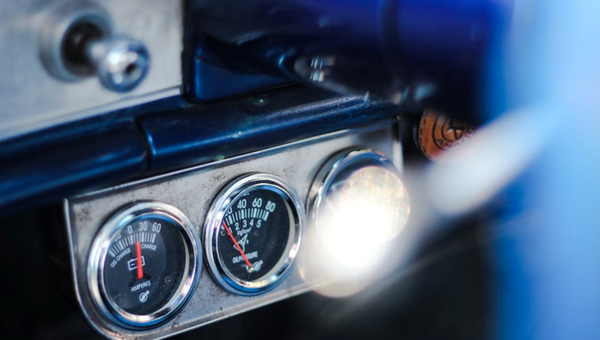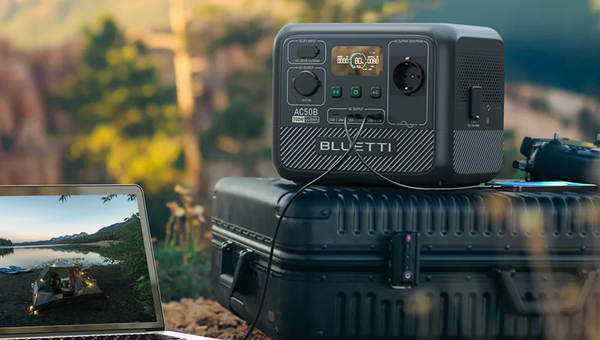When it comes to reliable power generation, both inverter generators?and traditional generators have their own set of advantages and disadvantages. Inverter generators?are gaining popularity for their portability, fuel efficiency, and clean power output. On the other hand, traditional generators have long been the go-to option for high power output and rugged durability. Understanding the differences between these two types of generators is crucial in determining the right choice for your specific needs.
In this article, we will delve into the pros and cons of inverter generators?versus traditional generators, helping you make an informed decision based on your power requirements, usage scenarios, and budget considerations. Read on to explore the features and trade-offs of each generator type.
Part 1: What is an Inverter Generator?
An inverter generator?is an innovative power generation device that utilizes advanced technology to produce stable power while consuming less fuel. Unlike traditional combustion generators that constantly run at maximum capacity, inverter generators?are designed to throttle fuel consumption based on demand, resulting in fuel savings and reduced emissions.
One of the key advantages of inverter technology is its ability to generate energy with less than 3% total harmonic distortion, which means it produces a more stable AC power output. This feature makes inverter generators?highly suitable for powering sensitive electronic devices such as smartphones, laptops, and televisions.
Moreover, the use of advanced technology makes inverter generators?lightweight and portable, making them a practical choice for activities like camping, RVing, and other off-grid adventures.
Part 2: How Does an Inverter Generator Work?
Inverter generators?operate on a sophisticated mechanism that allows them to generate stable power.
The process starts with the generator producing AC power, which is then converted to DC power through an alternator. The DC power is then inverted back to AC power using advanced electronic circuitry.
This conversion is crucial as it helps regulate the voltage and frequency, ensuring a consistent power output. The inverter technology employed in these generators helps maintain the desired voltage and frequency levels, making them ideal for powering sensitive electronics.
Additionally, the inverter technology enables the generator to adjust the engine speed according to the power demand, resulting in improved fuel efficiency and reduced noise levels. This dynamic control system ensures a smooth and reliable power supply, making inverter generators?a reliable choice for various applications.
Part 3: What is a Generator?
A generator is a device that converts mechanical energy into electrical energy, providing an alternative power source in situations such as power outages or off-grid usage. Traditional generators play a crucial role in various applications, including residential, commercial, and healthcare settings. They serve as reliable backup power solutions, ensuring continuous electricity supply during emergencies.
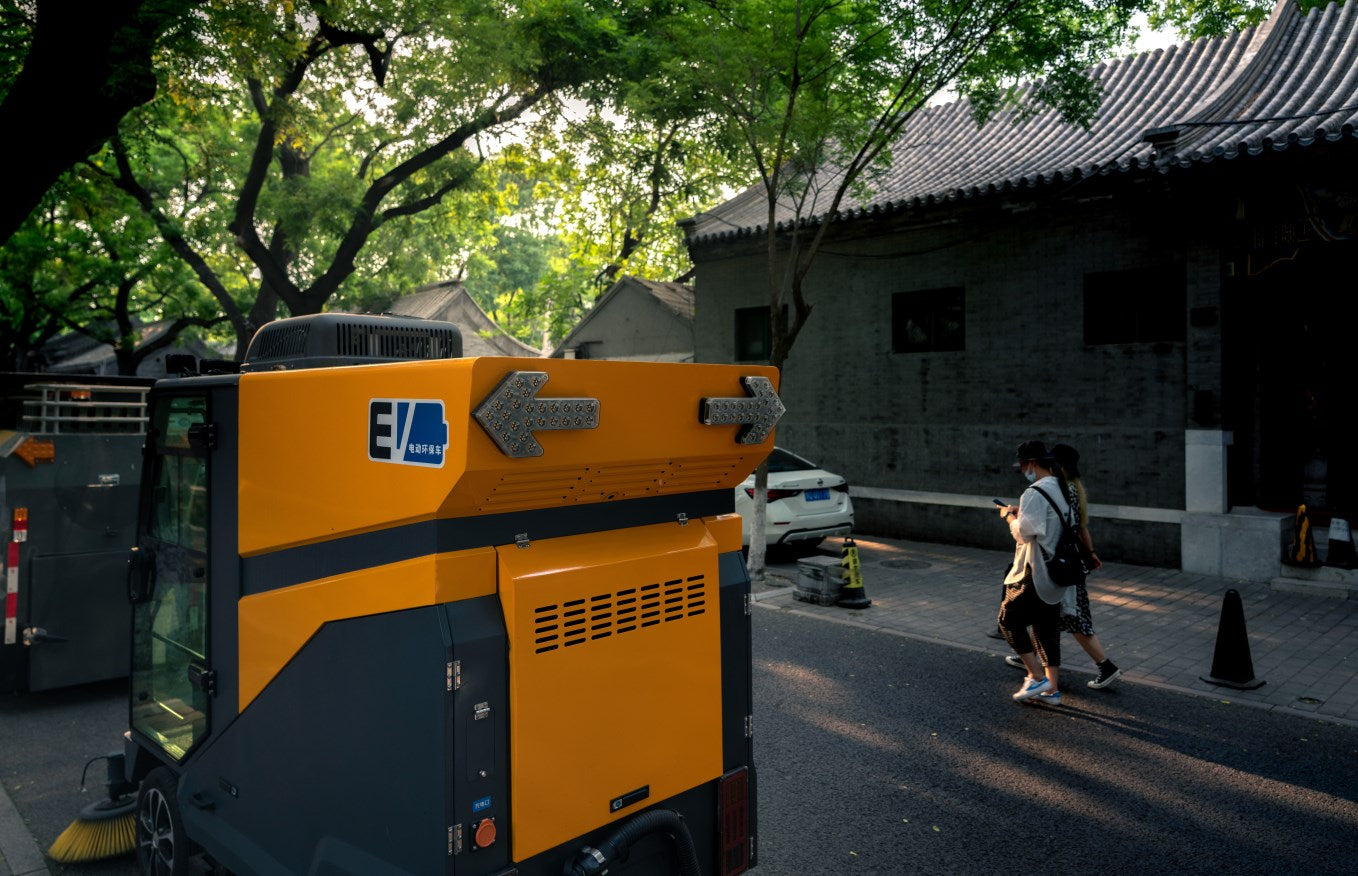
Generators come in different types, each operating on various fuel sources. Examples include gasoline, propane, diesel, natural gas, dual fuel, and even solar-powered generators,?like the ones produced by BLUETTI Energy.
These generators are designed to produce electricity by utilizing internal combustion engines or other mechanisms to spin a rotor within a magnetic field, generating an electric current. With their versatility and ability to provide power in diverse situations, generators remain a dependable solution for meeting electrical needs.
Part 4: Types of Generators
There are several types of generators available, each with its own set of advantages and applications.
- Gasoline generators?are commonly used for residential and light commercial purposes. They are readily available and less expensive initially, but long-term operation costs can be higher due to fluctuations in gas prices.
- Propane generators?run on cleaner-burning propane fuel, emitting fewer emissions compared to gasoline or diesel. They are often used in industrial, commercial, and off-grid settings and allow for extended periods of fuel storage.
- Dual fuel generators?offer the flexibility to run on both propane and gasoline. These generators integrate seamlessly with solar generators providing an additional power source during extended outages or when solar power generation is insufficient.
- Solar generators?harness solar energy through solar panels to generate electricity. They are a clean and renewable energy option, ideal for home backup power, camping, and off-grid activities. The BLUETTI AC180 Portable Power Station, with its 1800W power output and 1152Wh storage capacity, is a prime example of a compact solar generator that offers electricity on the go. By eliminating reliance on fossil fuels, solar generators like the BLUETTI AC180 contribute to a more sustainable power solution.
?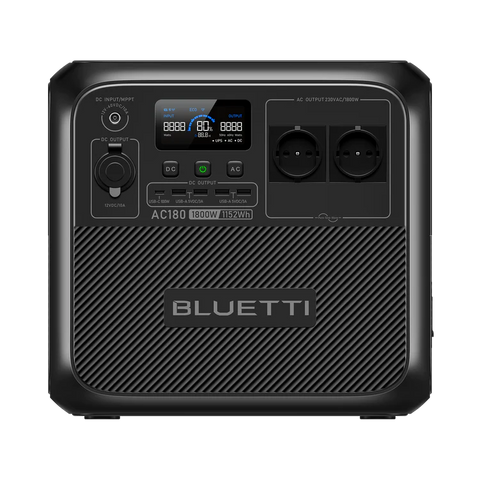
?
Part 5: Pros and Cons of Inverter Generator and Generator
Inverter Generator
Pros:
- Stable Power Output: Inverter generators?produce clean and stable power with less than 3% total harmonic distortion, making them safe for sensitive electronics like smartphones and laptops.
- Fuel Efficiency: They adjust their engine speed based on the power demand, resulting in improved fuel efficiency and longer runtime.
- Portability: Inverter generators?are lightweight and compact, making them easy to transport for outdoor activities such as camping or tailgating.
- Quiet Operation: They operate at lower noise levels compared to traditional generators, providing a quieter and more comfortable experience.
Cons:
- Higher Cost: Inverter generators?tend to be more expensive upfront compared to traditional generators.
- Limited Power Output: They are designed for lighter loads and may not provide sufficient power for high-demand applications or large appliances.
- Maintenance: Inverter generators?require regular maintenance, including oil changes and spark plug replacements, to ensure optimal performance.
Traditional Generator
Pros:
- High Power Output: Traditional generators are capable of handling high power demands and can provide electricity for heavy-duty appliances and equipment.
- Wide Availability: They are readily available and come in various sizes and fuel options to suit different needs.
- Cost: Traditional generators are typically less expensive upfront compared to inverter generators?with similar power output.
Cons:
- Noise and Vibration: Traditional generators tend to produce more noise and vibrations during operation, which can be disruptive and uncomfortable.
- Fuel Consumption: They may consume more fuel due to running at a constant speed, resulting in higher operational costs.
- Emissions: Traditional generators emit exhaust gases and may have a higher environmental impact compared to inverter generators.
Consider your power requirements, usage scenarios, noise sensitivity, and budget when choosing between an inverter generator?and a traditional generator.
Part 6: Choose Inverter Generator or Generator
When deciding between an inverter generator?and a traditional generator, it's important to consider your specific needs and preferences.
If you prioritize clean and stable power output for sensitive electronics, portability, and fuel efficiency, an inverter generator?is an excellent choice. The BLUETTI AC180?Portable Power Station, for example, offers a compact and lightweight solution with its 1800W power output and 1152Wh storage capacity. It harnesses solar energy, making it a sustainable and environmentally friendly option. The BLUETTI AC180 allows you to power your devices on the go, whether it's for camping, outdoor adventures, or backup power during emergencies.
On the other hand, if you require high power output for heavy-duty applications or larger appliances, and noise levels and cost are not major concerns, a traditional generator may be more suitable. Traditional generators, such as gasoline or propane models, offer a range of power options and are widely available.
Ultimately, the decision depends on your specific power requirements, usage scenarios, noise sensitivity, and budget. If you prioritize clean energy and portability, the BLUETTI AC180 solar generator offers a reliable and sustainable solution. However, if you need higher power output and cost-effectiveness is a priority, a traditional generator may be the better option. Assess your needs carefully and choose the generator that aligns best with your requirements to ensure a reliable power supply whenever and wherever you need it.
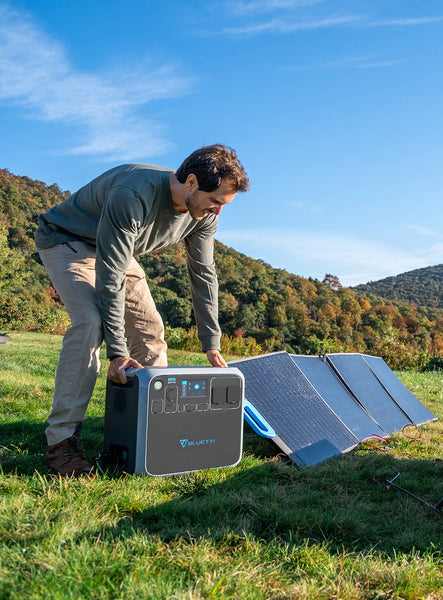
Conclusion
In conclusion, when comparing inverter generators?and traditional generators, each has its own strengths and considerations to keep in mind. Inverter generators?offer stable power output, fuel efficiency, portability, and quieter operation, making them ideal for powering sensitive electronics and for outdoor activities. On the other hand, traditional generators excel in high power output and cost-effectiveness for heavy-duty applications, although they may be louder and less fuel-efficient.
Ultimately, the choice between an inverter generator?and a traditional generator depends on your specific power requirements and preferences. Consider factors such as power output, fuel efficiency, noise levels, portability, and environmental impact.

